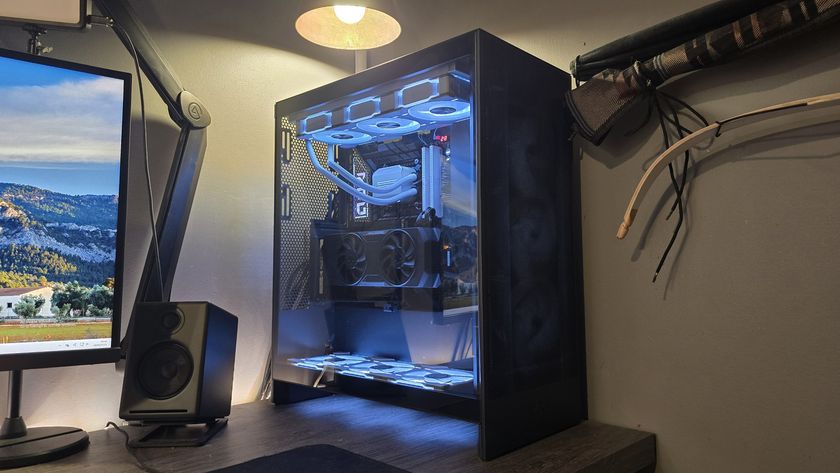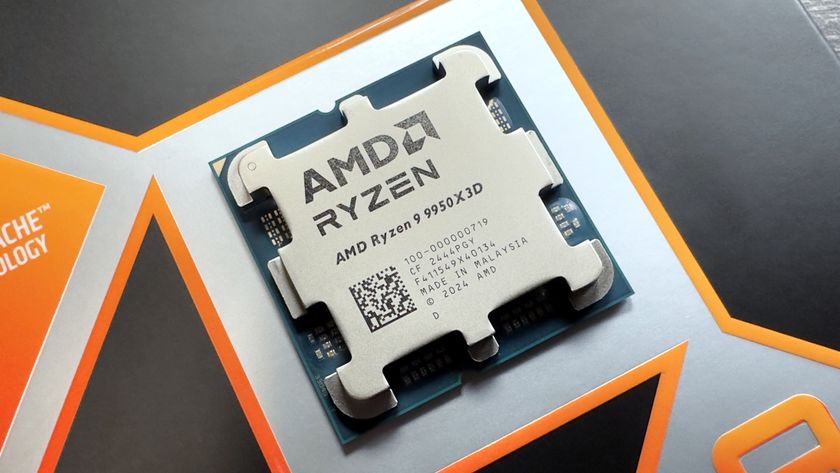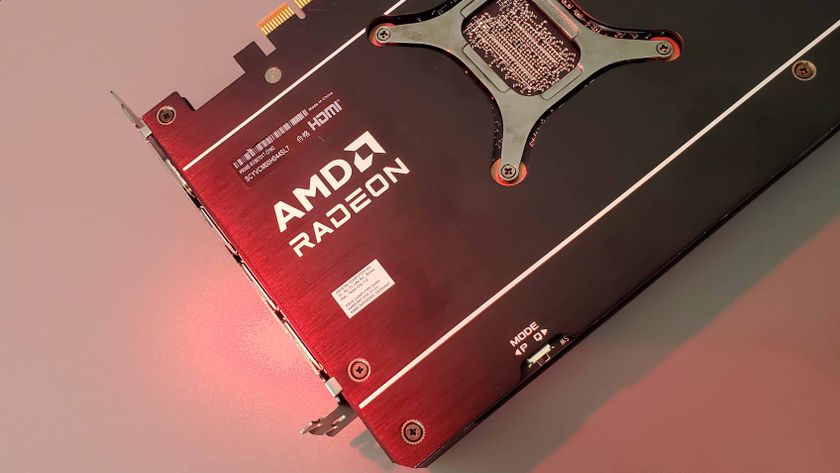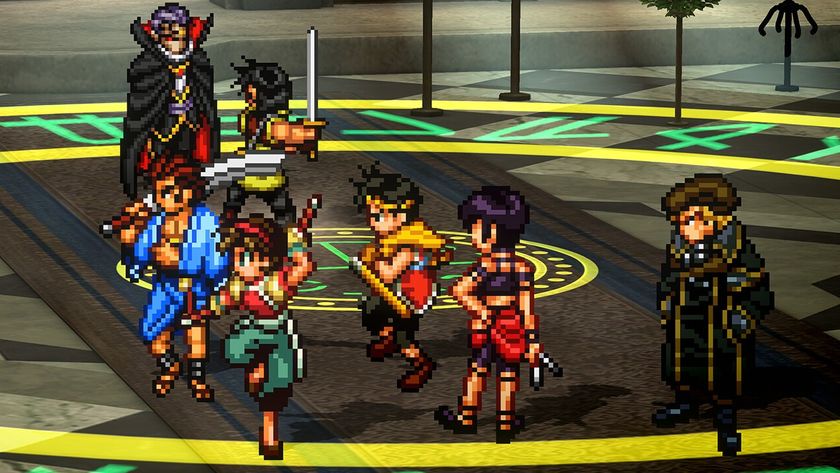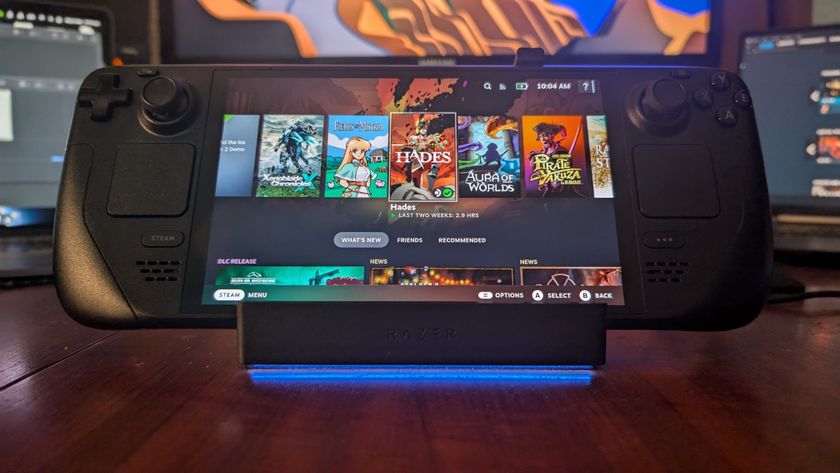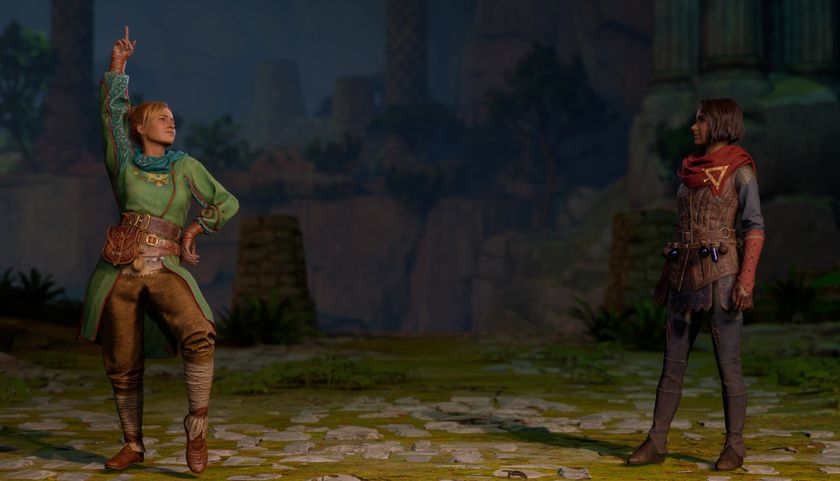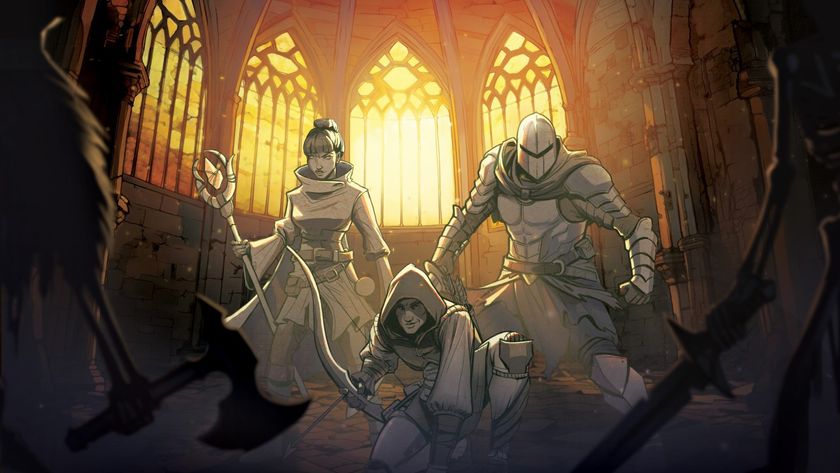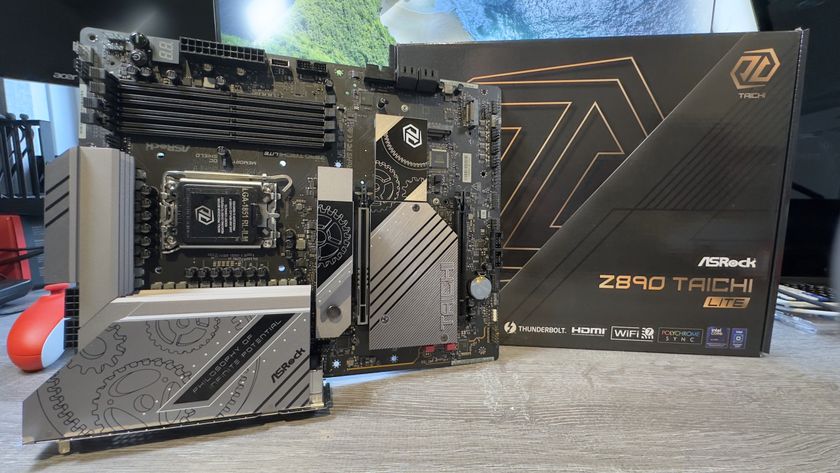Our Verdict
New toys and strong characters freshen up the Creed formula, but only for a while.
PC Gamer's got your back
What Is It: An open world action adventure game set in Victorian London, with all of the series’ usual trappings.
Expect to pay: $60/£40
Developer: Ubisoft
Publisher: Ubisoft
Reviewed On: Intel i7 x980 3.33 GHz, 9 GB RAM, Nvidia GeForce GTX 960
Multiplayer: No
Link: Official Site
Alexander Graham Bell, one of several historical celebrities I've met within mere moments of setting foot in Victorian London, has given me a rope launcher. Cool. With it I can quickly grapple my way to rooftops and create ziplines between buildings to slide across. It's fairly clunky and somewhat limited—I often find myself staring at a nearby roof and wondering why the hell I'm not allowed to sling over to it when I've reached smokestacks twice as far away—but it's still fun and gives me a way to escape, Batman-like, from a brawl I'm badly losing. It also provides an alternative to freerunning across rooftops, which feels the same as it does in other Assassin's Creed games: fun and dynamic at first, but ultimately a bit routine, and sometimes even exasperating. That's not a bad way to describe Assassin's Creed: Syndicate itself. There's a good first half where almost everything is fun and exciting, and slowly but surely it begins to drag.
As in past Assassin’s Creed games, you're once again inhabiting the bodies and memories of heroic assassins via a futuristic (magic, really) virtual reality machine. There's a sprawling open-world you can explore by free-running and climbing. The streets are cluttered with innocent bystanders, angry policemen, and vicious members of an enemy faction. The map is covered with icons signifying collectibles, side and story missions, and vantage points: tall buildings you can scale to reveal even more locations of interest. Stealth is your primary tool, and missions typically involve careful infiltration, lurking above enemies, and taking them out before they know you're there. There are also a few tailing missions, where you must follow a target without being spotted, though I found them considerably more forgiving than I have in the past.
Syndicate offers up some other new toys and features, mostly cribbed from other open-world games but still enjoyable enough to freshen up the proceedings, at least for a while. There are horse-drawn carriages all over London, allowing for GTA-esque hijacking, high-speed driving, and the comical bowling over of bowler-hatted Londoners. As you battle the Blighters, the gang that's taken control of London, you can employ thugs from your own gang, a la Saint's Row, to do some of your fighting for you. Combat is Arkham-style as you take on huge crowds with counter-attacks, combos, and finishing moves. These things are initially fun—I really did enjoy my first handful of hours with the game—but by mid-Creed they mostly begin to feel like a chore. A late-game carriage-based story mission might have been bracing if you hadn't already taken dozens of carriage rides. Battling a half-dozen enemies is initially exciting, but hours in it becomes just another exercise in patient (or impatient) clicking.
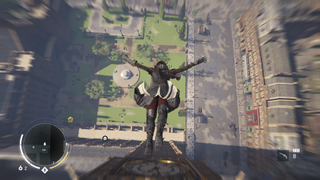
Twin sneaks
You play Syndicate as Jacob and Evie Frye, a brother-sister assassin team who are both well-written and skillfully voiced. Jacob, while predictably cocky and sarcastic is still funny and likable, and Evie, the more serious of the two, is herself prone to moments of charm and levity. They're also superbly animated. It's not often a facial expression in a game will elicit an intended laugh, but it did here more than once. I liked both characters a lot, especially in the scenes they shared with one another.
The twins are often at odds with each other, too: Jacob wants to loosen the stranglehold of the Blighter gang and kill Templars, and Evie wants to hunt for a 'Piece of Eden,' a magical doohickey that grants eternal something-or-other. For most of the game, they're basically interchangeable to play: save for a few high-level abilities they have identical skill trees. Only near the end of the game do they really begin to feel distinct. Jacob is more of a brawler, Evie more focused on stealth, and crafting or unlocking gear like sneakier outfits or deadlier weapons can complement their respective toolkits. You can switch between them whenever you want in the open world, while story missions can only be performed by one or the other.


Heed that recommended 4GB video memory spec. With a mere 2GB in my Nvidia GeForce GTX 960 I was only able to run Syndicate with medium settings, getting an average of 40-45 fps. Pushing to high settings dropped me in the 30-35 fps range. Very high reduced the game to a slideshow. While the city looked OK on medium and high settings, the jagginess caused by lower AA settings was pretty distracting.
We also ran Syndicate on a stronger machine with a core i7-5960X @ 3GHz, 32GB RAM, and three GeForce GTX 980s. At 1920x1080 on the 'Ultra' preset we managed 60 fps indoors, but found it dropping to as low as 35 fps outside. Using MSAA2x + FXAA instead of MSAA4x + FXAA resulted in a solid 60+ fps in outdoor areas, and reducing shadow quality was helpful. With settings on the 'high' preset we got a steady 70 fps, peaking at 100 fps.
There are other enjoyable characters here and there, mostly historical celebrities that you'll trip over at every turn. You can go ghost hunting at the behest of Charles Dickens, help Florence Nightingale cure sick children, and assist Charles Darwin in brutally killing an entire building full of drug manufacturers with poisonous gas. That last part seems perhaps out of character for the famed English naturalist, who didn't typically ask strangers to kill scores of people (as far as I know). I kind of liked it, though. Rooting a game in real history is great, but so is taking liberties with it.
The story itself is impenetrable unless you've been taking detailed notes for the last 40 or 50 Creed games, which I admit I haven't. Thankfully, it's also limited to brief interludes and not remotely essential to understand. The main missions are typically better than anything else in the game, often taking place in huge areas crawling with foes and containing several side-objectives. To reach your target, you can contact a friendly character who might give you some additional information or coerce an enemy into allowing you access to a restricted area. Steal a key from someone else, kill an additional tasty target of opportunity, then sneak or fight your way to your main objective. Or, don't. Sometimes I tried to complete all the objectives, quietly stealthing and stabbing my way through the labyrinth. One time it was late and I wanted to go to bed, so I simply knifed the guy guarding the main door, entered the target's chamber, and immediately flattened him from a balcony. It took all of three minutes. Perfect! I like a mission that doesn't care how you beat it.
Less enjoyable are the repetitive side missions to liberate the various districts of London. Free children from oppressive sweatshops by killing all the evil foremen, assassinate Templars in well-guarded areas, perform bounty hunting missions by kidnapping a target and spiriting him away in a carriage, or engage in a battle at a gang stronghold. Each of these encounters are repeated all over London, again and again, offering little distinction from one another. It's not a cold heart that looks upon an icon reading 'Child Liberation' and decides not to bother, it's a bored one. Sorry, kids.

As I expected, I hit a few bugs. Once I fell through the world and into a white void, once I got stuck on some scenery, pinwheeling my arms until I died. Twice, story mission bugs halted my progress: one time someone I was supposed to follow wouldn't budge, requiring a restart, and another mission stuck me on an endless loading screen until I hunted through forums for a solution, which was to race to a checkpoint in a carriage before the characters finished a conversation. That took a half-dozen tries to accomplish. Ubisoft says a fix is forthcoming.
The new toys and tools freshen up the formula, but after a while, for better and worse, it's still Assassin's Creed. As beautiful as London is, the buildings eventually become just a series of obstacles, things to run, rope, and clamber across without even really looking at them. The impressively bustling crowds become less captivating as you realize they're just a collection of robots that spawn the same series of underwhelming crowd events like 'catch the robber' or 'scare the bullies.' The final boss fight lets you swap back and forth between Evie and Jacob during the battle, a fine idea—but the fight itself is unimaginative and unrewarding, designed to be difficult above all else. Like diving into a pile of leaves from the top of Big Ben, the first time is a thrill, the fifth is a yawn. Assassin's Creed: Syndicate's new toys entertain for a while but the novelty ends hours before the game does.
New toys and strong characters freshen up the Creed formula, but only for a while.

Chris started playing PC games in the 1980s, started writing about them in the early 2000s, and (finally) started getting paid to write about them in the late 2000s. Following a few years as a regular freelancer, PC Gamer hired him in 2014, probably so he'd stop emailing them asking for more work. Chris has a love-hate relationship with survival games and an unhealthy fascination with the inner lives of NPCs. He's also a fan of offbeat simulation games, mods, and ignoring storylines in RPGs so he can make up his own.

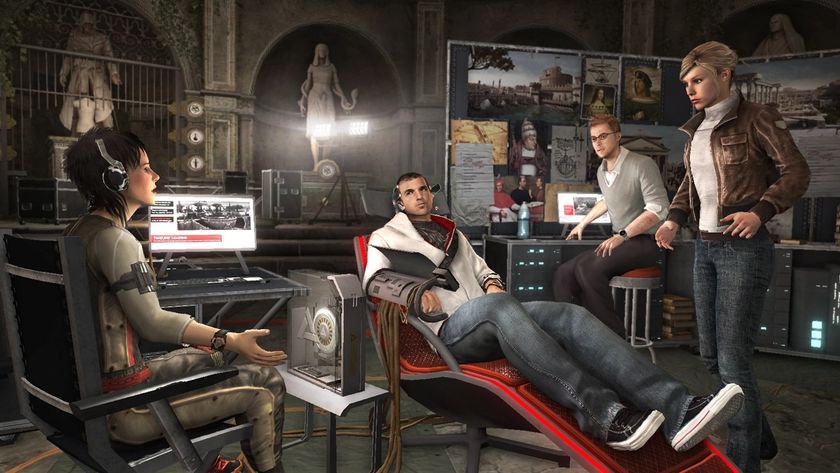


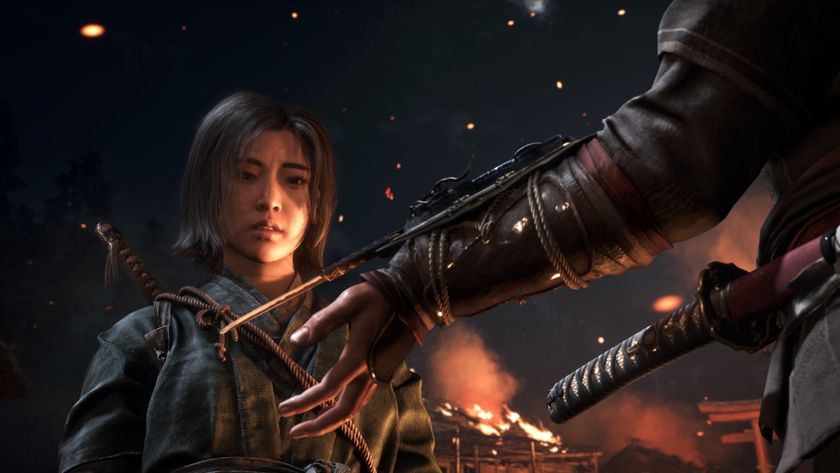
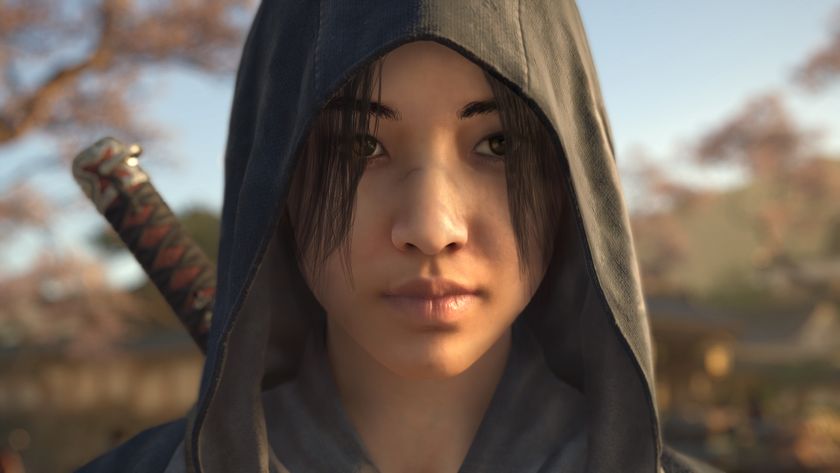
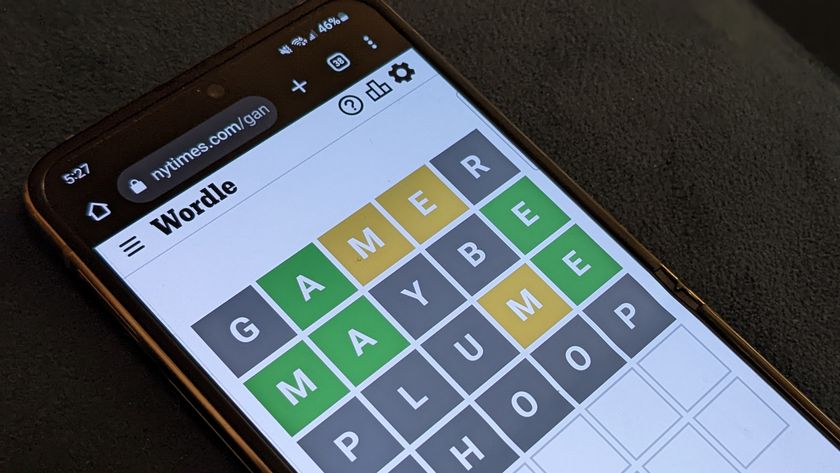
Today's Wordle answer for Wednesday, March 12
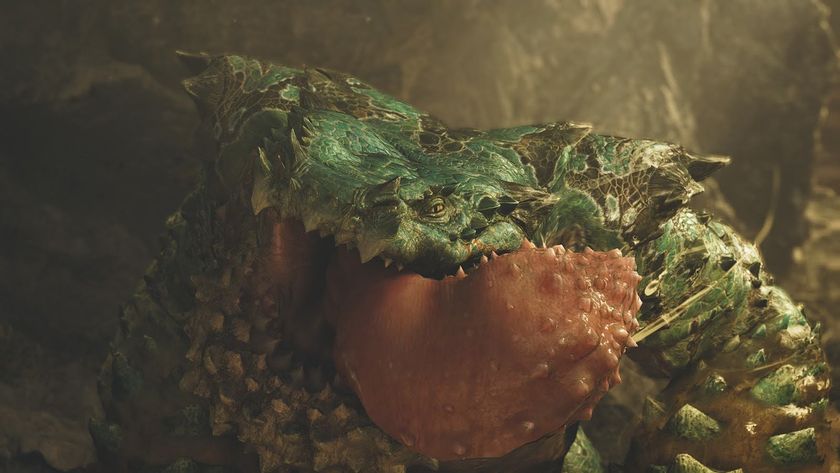
The latest Monster Hunter Wilds event quest gives piles of Armor Spheres for hunting a Chatacabra, making this a very bad week to be a frog in the Forbidden Lands
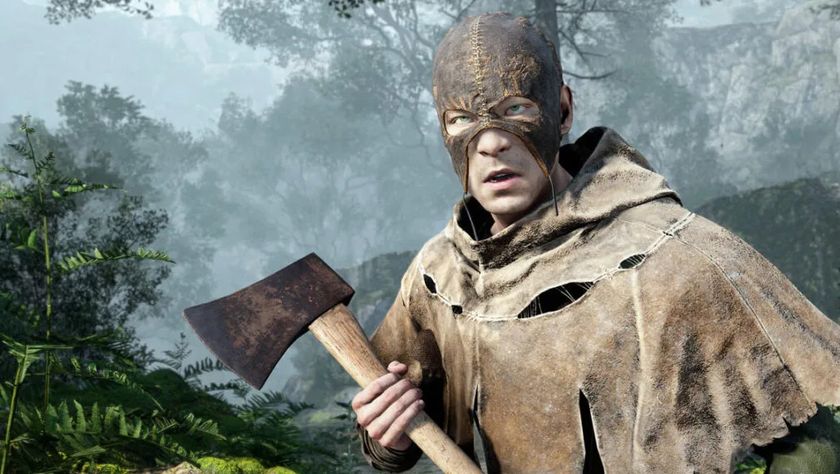
Rebellion CEO seems kind of awed by major studios making massive videogames: 'How do you organize a game that has 2,000 people working on it?'

